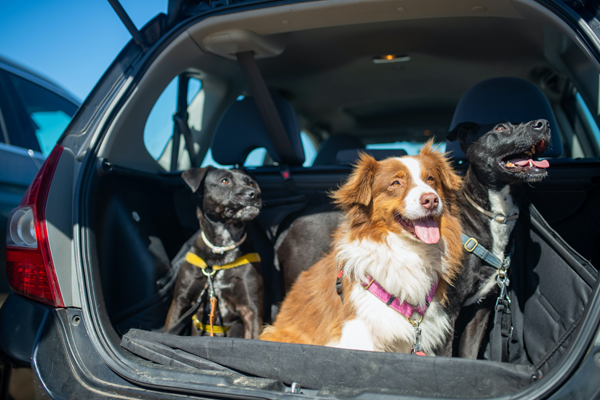California-based employment law attorney Corey King discussed a variety of topics during the Collision Industry Conference (CIC) held earlier this year: company drug and alcohol policies, stocking up on COVID tests and “service animals” in the workplace.
As more states legalize marijuana, King said, use of cannabis and related products grows. It’s a good reminder, he said, for businesses to ensure their drug and alcohol policy does not include the phrase “under the influence.” If it does, King said, “that policy is completely untenable and, I would argue, completely unenforceable.”
In a state where the alcohol DUI limit is .08, King said, “Do you really want somebody jumping behind the wheel of that car to test drive it when they would blow a .07? They’re not in violation of the law or your policy because they’re not under the influence by the legal standard for alcohol.”
King also said more employers are getting employee requests to bring a “service animal” to the work place. In order to qualify as a “service animal” under the federal Americans with Disabilities Act, it has to be a dog or, oddly, a miniature horse individually trained to perform tasks for a person with a disability.
“The ADA does not recognize emotional support, comfort, companionship or guarding as a recognized task,” King said. “So your emotional support animal isn’t protected under the ADA. This applies even if that person brings you a doctor’s note that says [they] need this emotional support animal.”
If asked about bringing an animal to work, the ADA requires employers to “engage in an interactive process… and provide reasonable accommodations that will allow disabled employees to perform the essential functions of their job,” King said.
Ask what kind of animal it is, he said. If the employee’s disability is obvious, the inquiry is over and the dog or horse must be allowed. If it’s not obvious, ask if the animal is required because of a disability---but do not ask for documentation of the disability. If it is, ask what tasks the animal is trained to perform; do not ask for documentation of training nor for a demonstration of the animal’s ability.
Common tasks include guiding the visually impaired, pulling a wheelchair, alerting people who are deaf, calming individuals with PTSD during anxiety attacks, alerting and protecting a person having a seizure or reminding a person with mental illness to take prescribed meds.
If all those requirements are met, the animal must be allowed unless it becomes disruptive or a danger.
“Now, if someone tries to make an issue of this with you, don’t go this alone,” King said. “Get hold of me, of someone you trust, who knows this stuff, to help you navigate through.”
As COVID-related restrictions continue to be dropped around the country, King still suggested businesses encourage their employees to order the at-home rapid COVID tests being offered for free by the federal government.
“Check your politics at the door: I guarantee you your state law says something about whether an employee can come back into your workplace after being exposed or testing positive,” King said. “I would almost guarantee you that it’s going to have a requirement that, before they return, they provide you with a negative test. You want to have those tests around.”
King said his daughter had COVID early this year, putting the whole family in quarantine.
“The four of us could not go back to school or work without having negative COVID tests, and finding a testing facility is a challenge,” particularly if you want immediate results and don’t want to stand in line with people who think they have COVID," King said. “You and your employees are [likely] going to have to prove at times they have a negative test in many circumstances. Encourage your employees to get those free tests, and be judicious about when they use them. Those are gold. Save them. They are literally going to set you free and allow you to re-enter the world.”










John Yoswick